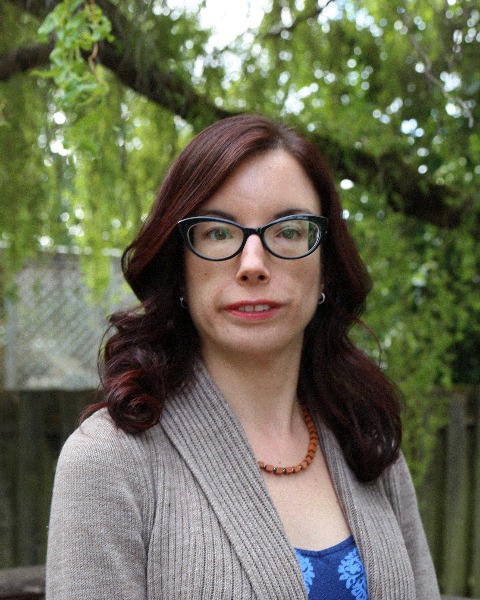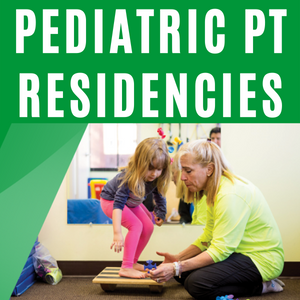Back
Keynote
Academic & Clinical Education
Resisting Ableism Through the Social Model of Disability
Friday, November 18, 2022
9:00 AM – 10:30 AM
Location: Grand Ballroom

Kathleen Bogart, PhD
Associate Professor
Oregon State University
Corvallis, Oregon
Lead Speaker(s)
People with disabilities experience significant ableism in their everyday interactions, yet my recent research suggests that disability pride and belief in the social construction of disability may protect the well-being of people with disabilities and reduce ableism. My research among a variety of populations with disabilities, including mobility disabilities and multiple sclerosis demonstrates that disability pride is associated with positive outcomes including self-esteem, and lower depression and anxiety. Further, people with disabilities hold less ableist attitudes and stronger social model beliefs than people without disabilities. Our work finds that social model beliefs predict less ableist attitudes among people with and without disabilities. Thus, ableism could be intervened upon through two complementary approaches: fostering disability pride among disabled people, and encouraging social model beliefs in the general public.
Learning Objectives:
- describe the social model of disability and its influence on attitudes toward disability.
- define and give examples of ableism.
- list opportunities for disability pride development.

.png)
.png)
.jpg)
.png)
.png)
.png)
